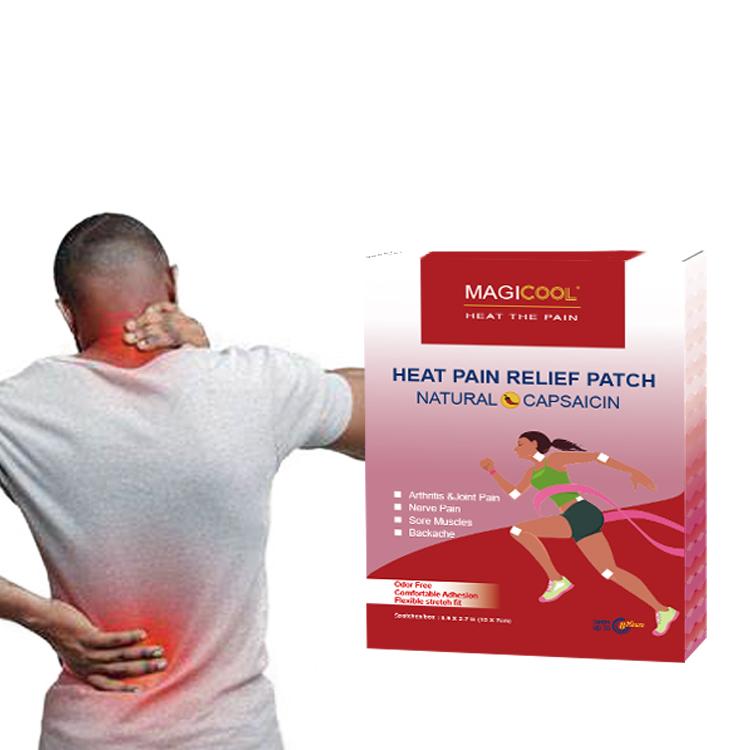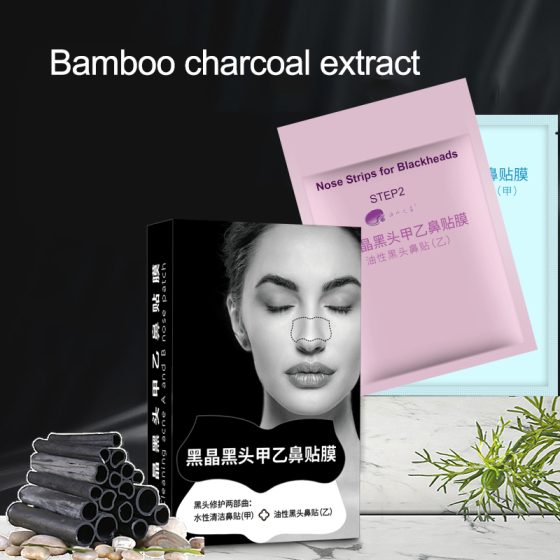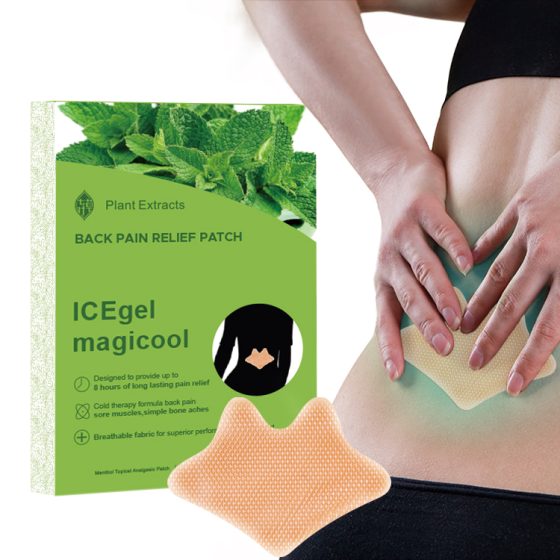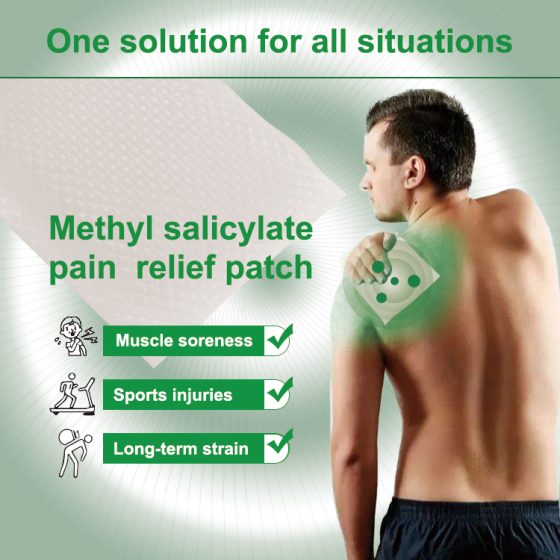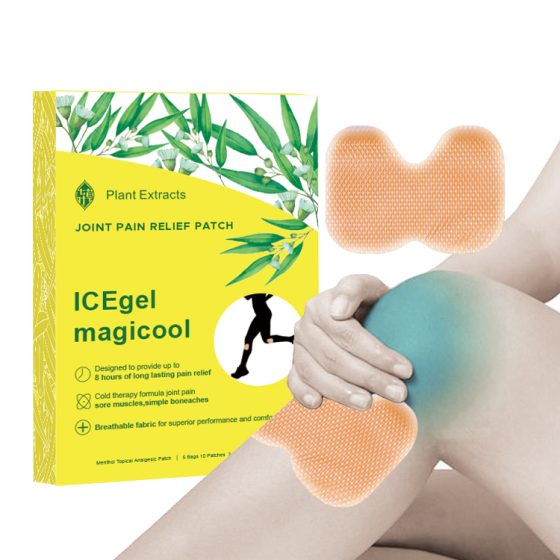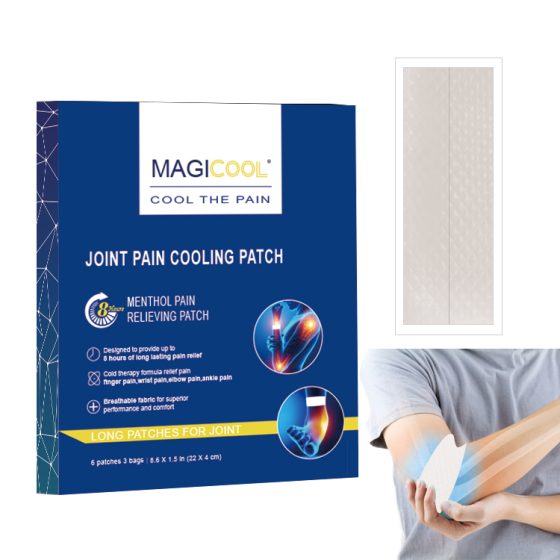When it comes to backaches, muscle strains, or joint pain, many people reach for 止痛贴. But do they really work—or are they just placebo? This article explains the mechanism, active ingredients, 薄荷 ideal users to help you understand how pain patches truly function.
🧪 1. How Pain Patches Work
There are two main mechanisms behind most pain relief patches:
-
Transdermal Drug Delivery: Active ingredients like 水杨酸甲酯, 薄荷醇, and capsaicin are absorbed through the skin to relieve pain and inflammation.
-
Thermal Therapy: Some patches generate gentle heat to promote blood flow, reduce tension, and ease soreness.
🌿 2. Key Active Ingredients
Formulations vary by use case and brand:
-
辣椒素: Desensitizes nerve endings to reduce pain signaling;
-
Menthol/Camphor: Offers a cooling effect and mild analgesic action;
-
水杨酸甲酯: Often used for muscle and joint aches;
-
草本提取物: Chinese herbs like mugwort or angelica for natural relief.
👥 3. Who Should Use Them?
Pain patches are effective for a variety of users:
-
Athletes: Cold-type patches relieve strain, sprain, and soreness.
-
Elderly Users: Warm, herbal patches soothe chronic back and knee pain.
-
Office Workers: Light-use patches ease tension from sitting too long.
⚠️ Safety Tips
-
Limit application to 6–8 hours per use;
-
Avoid use on damaged skin or by pregnant women;
-
Do not combine with heat packs or electrical therapy.
 Biours Biosciences Co.(比尔斯生物科学公司), 有限公司.
Biours Biosciences Co.(比尔斯生物科学公司), 有限公司.


